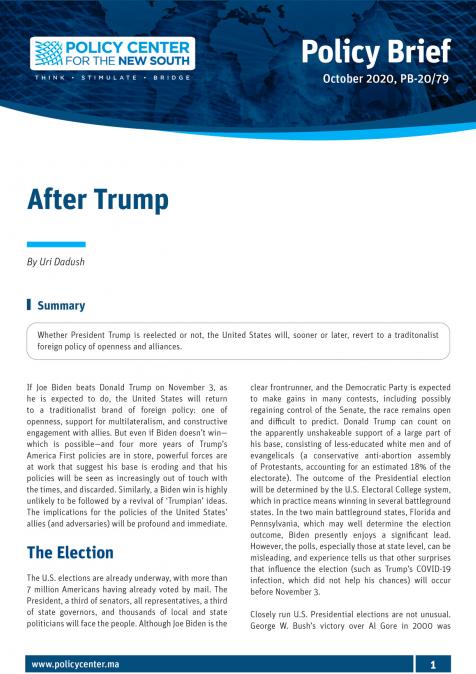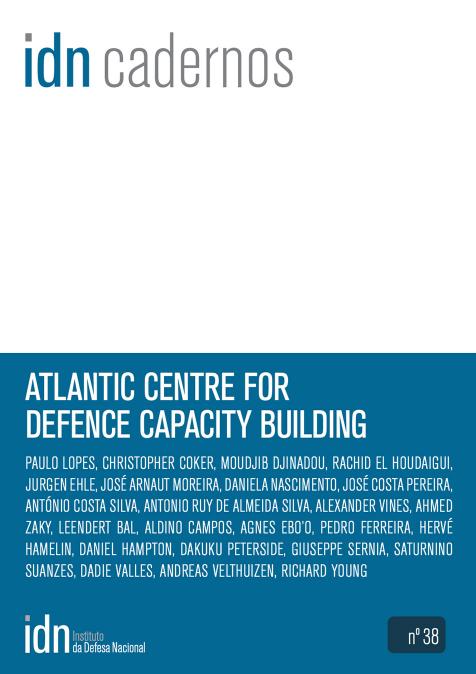Publications /
Book / Report
Face aux bouleversements à ses frontières orientales et méridionales, l'Union européenne a cherché à trouver des réponses en révisant sa Politique européenne de voisinage et en publiant une nouvelle stratégie globale de politique étrangère et de sécurité. Au-delà des documents, quelles réalités de l'impact européen dans son voisinage ?
La Politique européenne de voisinage (PEV) a été initiée en 2003 avec des déclinaisons régionales au Sud avec l’Union pour la Méditerranée depuis 2008 et, à l’Est, avec le Partenariat oriental depuis 2009. L’ambition de réunir dans un même chapitre des pays aussi différents que l’Égypte et l’Arménie paraît audacieuse. L’intérêt bureaucratique d’avoir un cadre unique est certes compréhensible, mais la pertinence politique l’est moins. En outre, les troubles géopolitiques à l’Est et au Sud ont généré de nombreuses incertitudes, tant sur le plan sécuritaire que sur la capacité de l’Union européenne à être un acteur influent et de premier plan. D’où la révision de la PEV en novembre 2015 et la publication de la stratégie globale de l’UE en juin 2016 pour tenter de recentrer les priorités européennes.
Elles s’articulent autour de trois principes : la sélectivité, la stabilité et la résilience. La sélectivité, tout d’abord, prévoit une plus grande différentiation dans le traitement des partenaires, en fonction notamment de l’envie de ces pays de coopérer avec l’Union. La stabilité, ensuite, reprend toute sa centralité face au soutien à la démocratie ; les préoccupations sécuritaires européennes sont devenues prioritaires. La résilience, enfin, renforce l’idée que stabilité et sécurité sont des principes fondamentaux de la PEV, bien que ce concept reste assez flou et difficilement exportable.
Progressivement, la PEV devient une boîte à outils. L’Union sait, à juste titre, qu’elle ne peut pas espérer transformer tout son voisinage ni à la même vitesse, ni vers les mêmes horizons. C’est pour cette raison que la PEV a besoin d’être ancrée dans un cadre politique clair afin que ses outils et ses relations soient gouvernés par des principes directeurs. La stratégie globale peut fournir un tel cadre. Aux institutions européennes et aux États membres de s’assurer qu’il y a une cohérence d’action. C’est d’autant plus important que la PEV a longtemps pâti de son caractère technocratique, qui la rendait déconnectée d’objectifs plus larges de politique étrangère. Il existe aujourd’hui une opportunité de corriger ce défaut de conception et de mettre la PEV au service de la politique extérieure de l’Union et de la rendre plus pertinente aux yeux des États membres, qui peuvent alors davantage l’investir.






